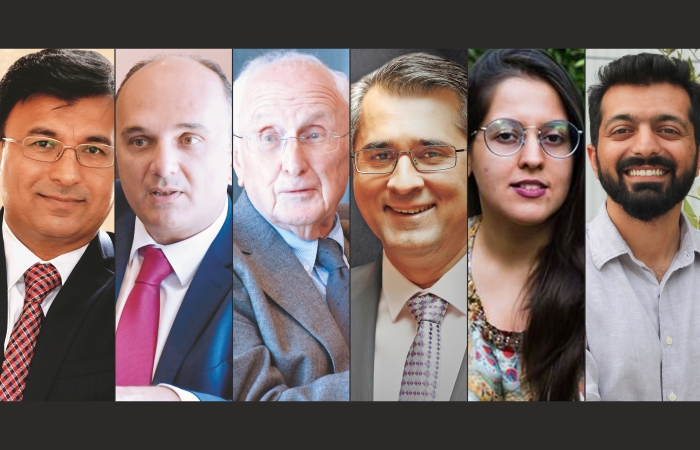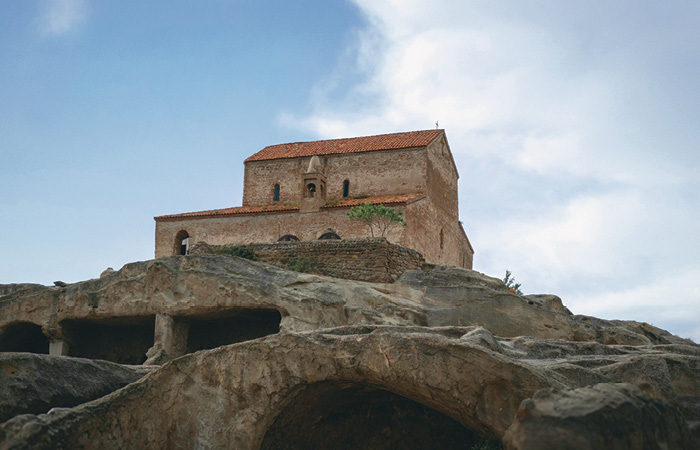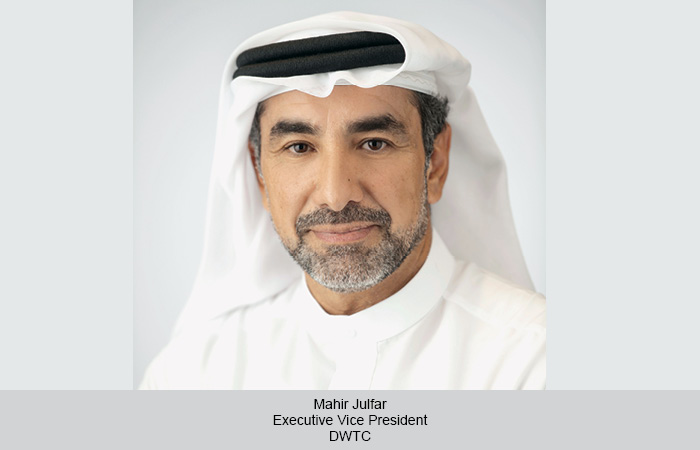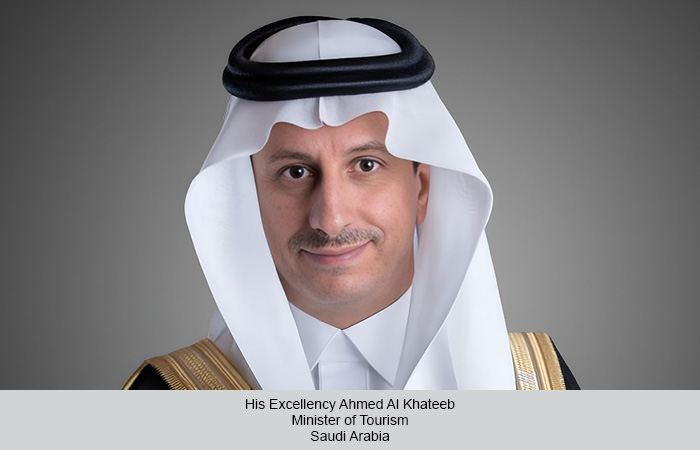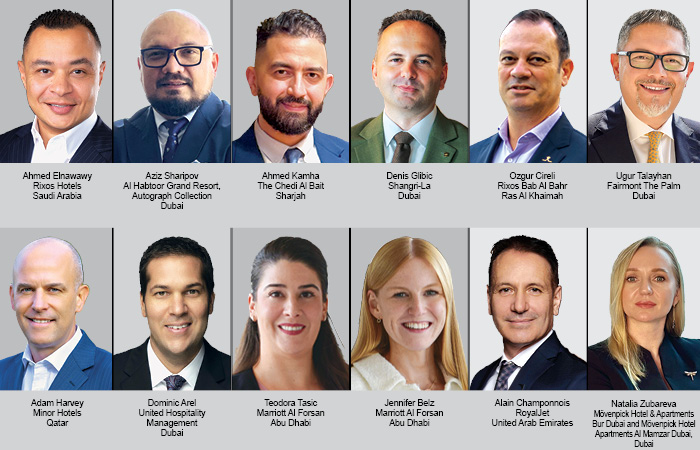With the theme ‘Sustainability: responsibility or profitability?’, Wyndham Garden Ajman initiated a round table discussion on the commercial advantages of different eco-friendly practices. The discussion also included the importance of creating awareness among stakeholders & aligning the company’s vision vis-à-vis the projected benefits.
Iftikhar Hamdani, Cluster General Manager – Ramada Hotel & Suites by Wyndham Ajman, Ramada by Wyndham Beach Hotel, Ajman and Wyndham Garden Ajman Corniche
Sustainability has always been on our agenda and we intend to keep the ball rolling and kickstart the year 2020 with a very insightful discussion on a cause that we are truly passionate about. Ramada Ajman has been campaigning for sustainability since 2012 and we have established an outstanding case study on its commercial benefits within our operations. We have an annual savings of AED120,000 from our zero-landfill initiative, and have proven that it is possible to have a profitable and socially responsible business. Another point that we want to highlight is the value of staff retention in the success of any campaigns related to sustainability, which equates to higher profit for the business.
Rafik Kamel, Director for Franchise Operations – Middle East and Africa, Wyndham Hotels & Resorts
Sustainability should start off from home, as a hotelier we started off just so that we can make some savings but realised just how much it helps to not only boost the profit and loss statement but act in a more socially responsible way to save the planet for the future. In the Dubai Electricity & Water Authority (DEWA) website many important tips are shared on how you can achieve your goals to save energy. At the end of the day, profits are the main focus, so if we work together to ensure that the energy is saved, we can rest assured that there will be an escalation of profits as well. As we didn’t have the expertise to understand how to save energy. We got some energy audit companies to let us know what initiatives we need to take in ensuring energy savings. As I look after Middle East and Africa we have ensured that all hotels comply with the strategies which we came up with after the findings.
John Arnold, Director, GreenGood Eco Tech
Living in UAE for over 20 years, I came from Australia with unique food packaging products which were environmentally friendly and they were coming from sustainable products from Australia; we cut a tree, we grow a tree. As time moved on, paper packaging grew and we exported into this region, at one stage we did all the work for the leading food chains. Thereafter my next venture is GreenGood Eco Tech, an eco-friendly company – one for packaging compostable and other is the machinery. We ensure that composting in GCC machines will take the food waste and compost away the end result of being sustainable. The machinery is very important to those in the hospitality trade as it is a long-term investment that will save them a lot of finances, although the initial payment will just be a one-time amount to be paid.
Harbinder Singh, Managing Director, Sudeku
Human sustainability is something which is very relevant at this stage. It helps to ensure that the profits are still kept at the same level. When you employ a person in your organisation, you need to make sure that the person will be with you for a longer period of time. Selecting the right individuals and making sure that they stay on is another key aspect in sustainability. Every company needs the numbers to be high at the close of the day, so finding the best strategies for it is an important element in life.
Tanya Daud, Founder and CEO, Qissa’ Go
As storytellers, we understand the importance of reaching out to the audience, speaking their language, and finding out what drives them to take actions. This has been a very informative discussion on how each of us, as individuals and organisations, can act and motivate others to take positive actions to promote sustainability, no matter what field we are in. We understand that it is important to have commercial advantages of different eco-friendly
practices and we try in our own way to work on climate change issues.
Fraz Ajmal, Chief Services Officer, Qissa’ Go
Change needs to come top down and the most effective way is story telling – what happens when you do it and we
believe that change in terms of having sustainability is to humanise the past, for example, instead of stating you wasted this much of paper etc. you explain how humans are affected, then it is more effective, the impact is more powerful and we partner with Ramada Ajman and multiple broadcasts to ensure more people are engaged.
Input by Shehara Rizly
 TravTalk Middle East Online Magazine
TravTalk Middle East Online Magazine
